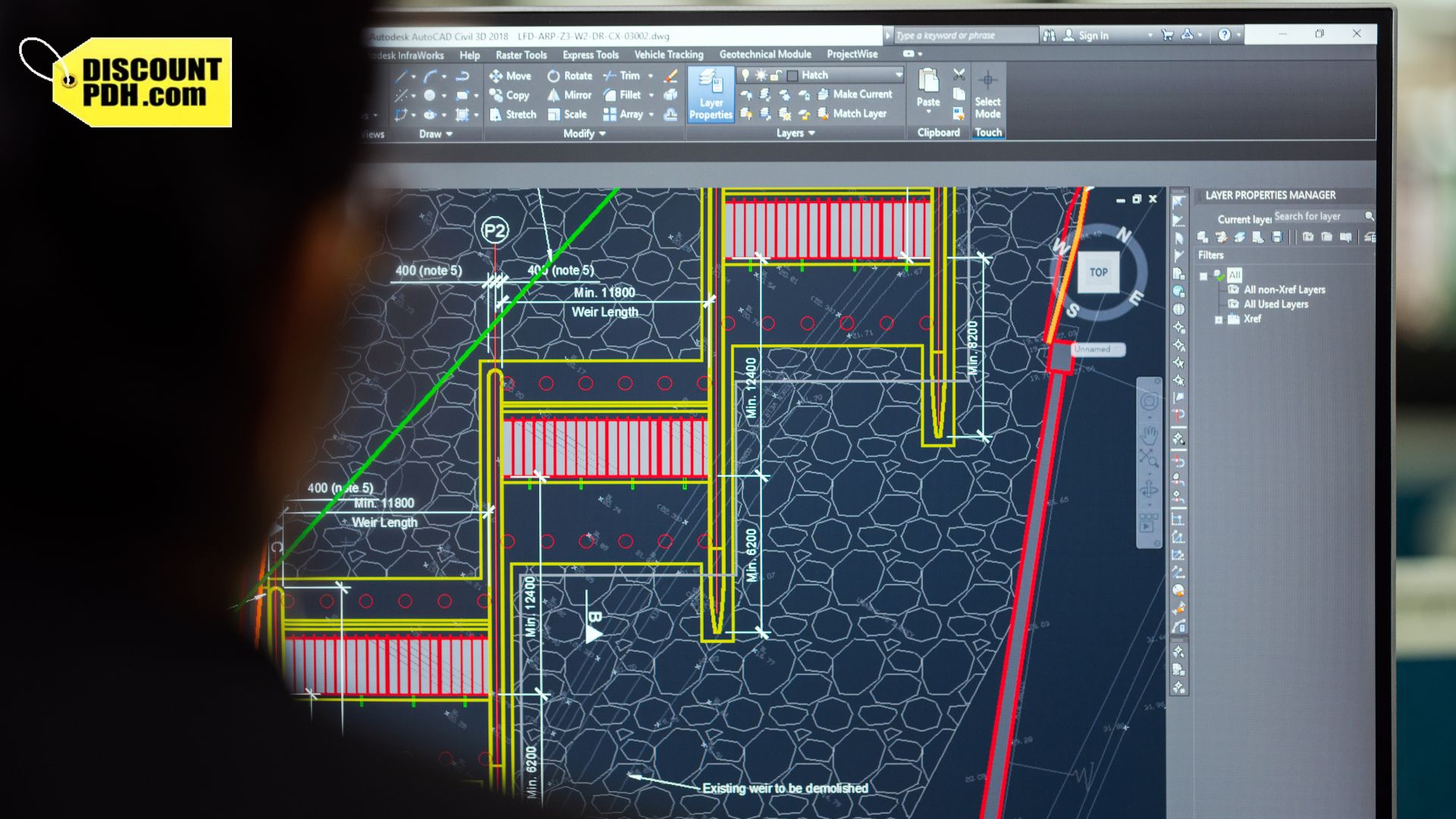Continuing education for professional engineers isn’t just a formality—it’s a vital part of maintaining licensure, protecting the public, and staying sharp in a rapidly evolving field. Whether you’re an experienced PE or newly licensed, understanding your state’s continuing education (CE) requirements—especially in states like New York—is essential for both compliance and career growth.
This blog explores everything engineers need to know about CE in the U.S., with a spotlight on the New York ethics rules and laws for engineers. If you’re preparing for license renewal or looking to upgrade your expertise, read on.
Why Continuing Education for Professional Engineers Matters
Continuing education is more than just checking a box for licensure—it’s a pathway to:
1. Regulatory Compliance
All 50 U.S. states require licensed professional engineers (PEs) to complete continuing education, often referred to as Professional Development Hours (PDHs). Failing to meet these requirements can result in license suspension or penalties.
2. Skill Advancement
From AI and renewable energy to structural resilience and environmental regulations, engineering is constantly changing. CE allows you to stay informed and competitive.
3. Public Safety
As engineers make decisions that affect infrastructure, safety, and environmental sustainability, CE ensures these decisions are informed by current best practices and ethical standards.
General CE Requirements Across States
While specific rules vary by state, most licensing boards require:
-
15–30 PDHs per renewal cycle
-
State-specific courses, often covering laws and professional ethics
-
Documentation or certificates of completion for proof of compliance
-
Board-approved providers to ensure content quality and legal validity
Some states, like New York and Florida, have additional or more stringent requirements related to ethics and legal compliance.
Spotlight: New York Ethics Rules and Laws for Engineers
New York has some of the most comprehensive continuing education requirements in the country. Licensed engineers in the state must adhere to specific rules, including those governing ethics and legal conduct.
📌 New York State CE Requirements for Engineers:
-
36 PDHs every 3 years
-
At least 1 hour in engineering ethics
-
At least 1 hour in New York State laws and regulations
-
Up to 18 hours can be completed via distance learning (asynchronous)
🔍 Ethics Training Focus Areas:
-
Conflicts of interest
-
Whistleblowing responsibilities
-
Reporting unsafe or illegal practices
-
Misrepresentation and transparency
-
Case studies of engineering malpractice
📚 New York Laws and Rules Topics May Include:
-
Licensing regulations and enforcement
-
Disciplinary processes and legal responsibilities
-
Professional conduct codes from the NYS Board for Engineering
-
Updates to NYS Education Law and NYCRR Title 8 regulations
Pro Tip: Not all CE providers are approved by the New York State Education Department (NYSED), so always verify before enrolling.
How to Fulfill Your New York CE Requirements
Here are some practical steps to make sure you’re compliant:
✅ Step 1: Choose a NYSED-Approved Provider
Always verify that your course provider is authorized to offer education accepted by the state of New York.
✅ Step 2: Focus on Core Topics
Ethics and legal compliance are mandatory, so prioritize them before branching into technical or industry-specific electives.
✅ Step 3: Maintain Documentation
Keep certificates, course outlines, and learning assessments for at least 6 years, as required by the NY State Board.
✅ Step 4: Plan Ahead
Don’t wait until the last quarter of your renewal cycle. Spread your CE activities throughout the 3-year period for flexibility and better retention.
Benefits of Online CE Courses for Engineers
Online CE platforms offer immense advantages for busy professionals:
-
Self-paced access – Learn on your own schedule
-
Instant certification – Receive documentation immediately after passing quizzes
-
Wide topic selection – Choose from ethics, technical courses, business skills, and NYS law
-
Unlimited quiz retakes – Pass at your pace without extra charges
-
Cost-effective bundles – Save money with package deals tailored for your state
Trending Topics in CE for Engineers (2025)
If you’re looking to go beyond just “meeting the requirement,” explore trending PDH courses like:
-
Green Building Codes & LEED Standards
-
AI in Infrastructure Management
-
Cybersecurity for Engineering Systems
-
Forensic Engineering & Failure Analysis
-
New York Climate Leadership & Community Protection Act (CLCPA)
These courses not only meet CE requirements but also offer real value for today’s engineering challenges.
Final Thoughts: Turn Compliance into Career Growth
Continuing education for professional engineers is more than a checklist item—it’s an opportunity to advance your technical skills, sharpen your ethical judgment, and ensure legal compliance. In states like New York, where ethics rules and laws are taken seriously, understanding and meeting your CE obligations is crucial.
With quality, board-approved CE providers and strategic planning, you can turn continuing education into a powerful career tool that strengthens your reputation and opens doors.

